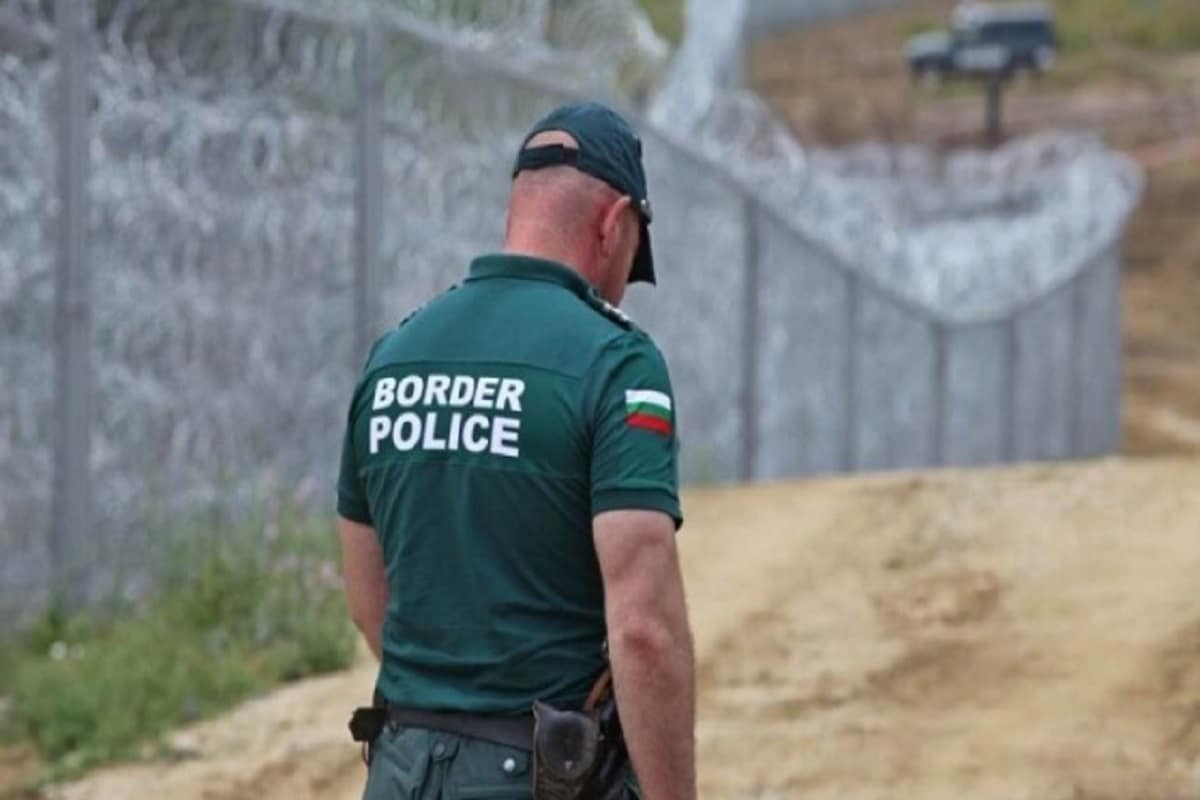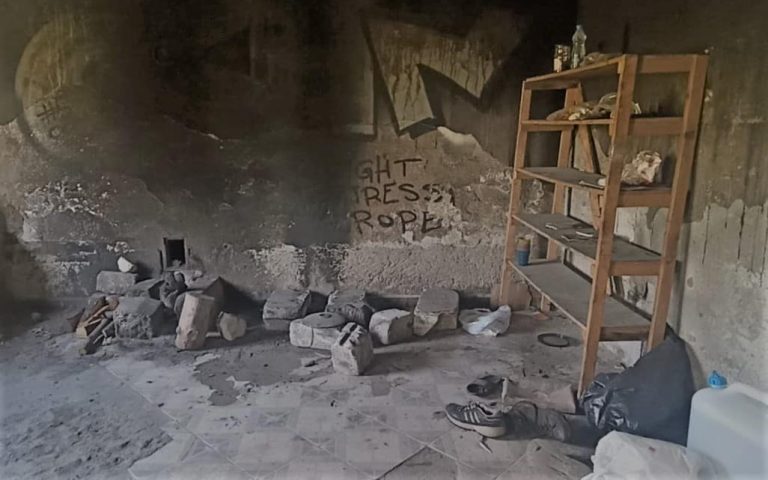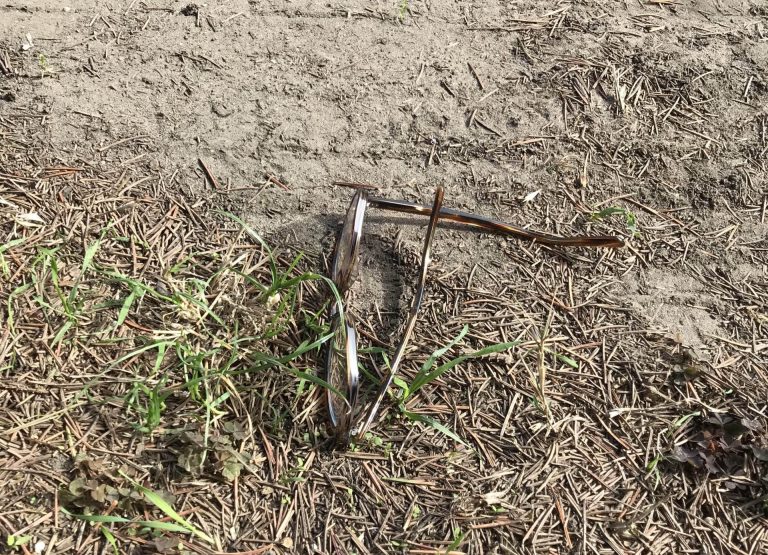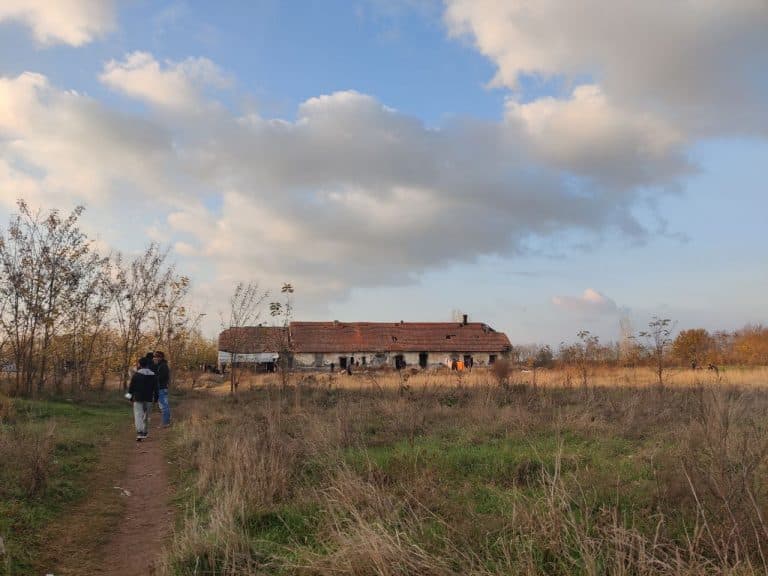Report by Madita (Didi) Strähle
Around the 15th of May, the 39 year old main respondent of this testimony and two other Tunisian men aged 21 and 29 years were apprehended by the Bulgarian border police approximately 10 km north east of Svilengrad, Bulgaria. After the three men were beaten, robbed of their personal belongings, and psychologically assaulted, the group was illegally pushed back over the border to Turkey. Three days later the main respondent was arrested and pushed back to Turkey for the second time, after he was discovered in a cargo train heading from Edirne, Turkey, towards Svilengrad, Bulgaria.
According to the main respondent of this testimony, he and two other men from Tunisia, aged 21 and 29 crossed the border from Turkey to Bulgaria at around 8 pm one evening in the middle of May 2023. Because all personal items, including his mobile phone, were later taken by Bulgarian officers, the respondent is unable to trace the exact date of the incident.
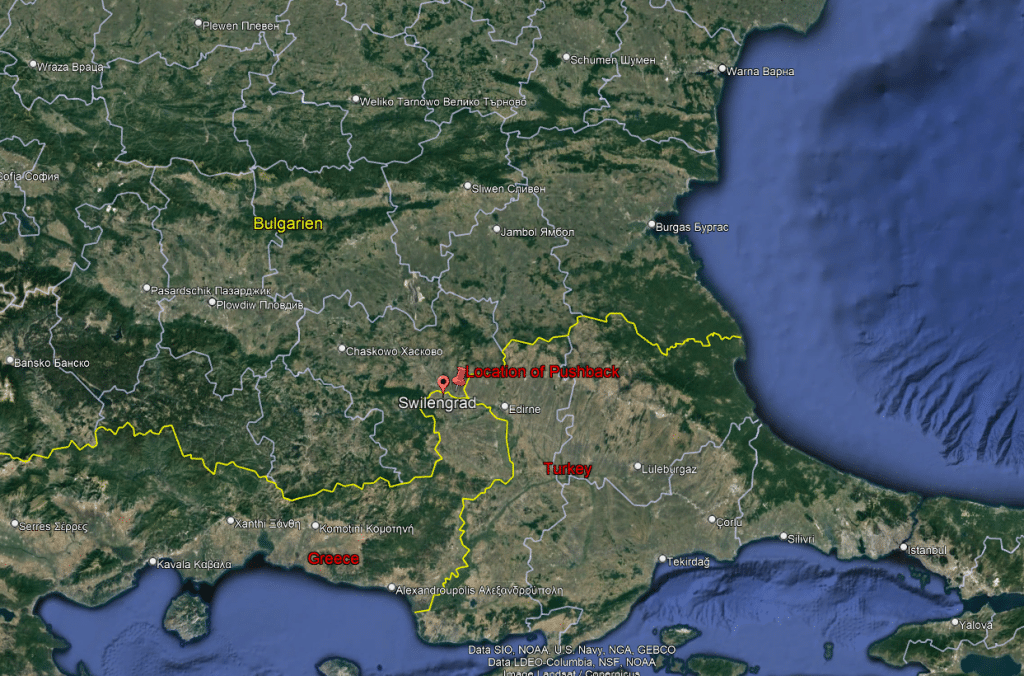
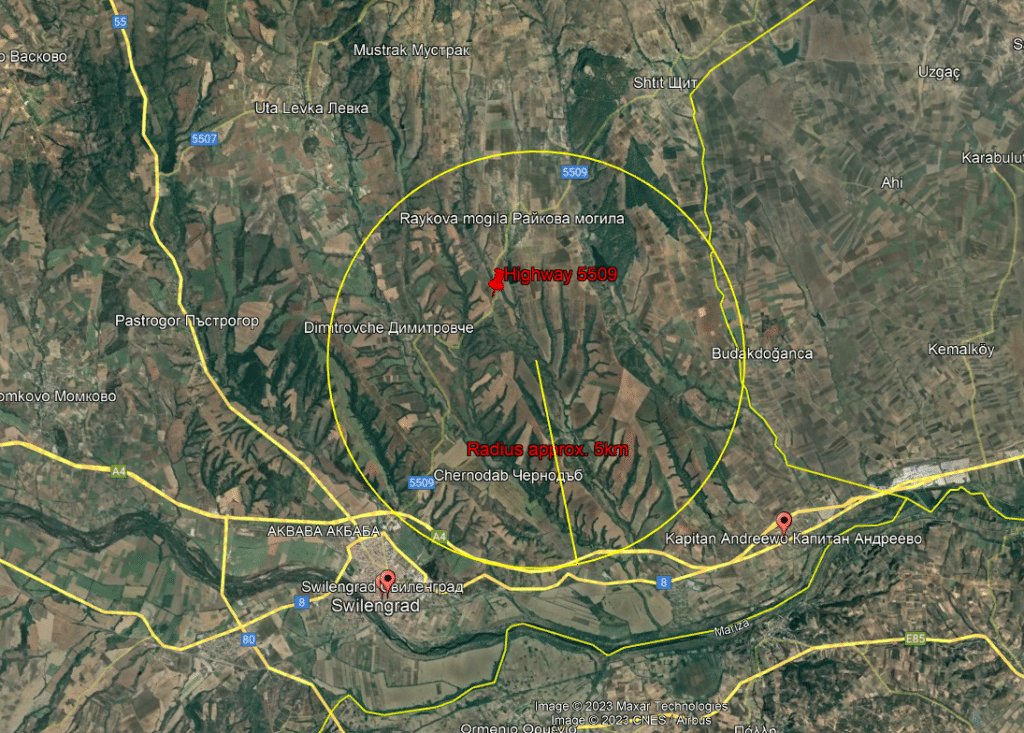
Reportedly, the group had been walking for about 6 hours in a jungle (terms commonly used to refer to forested areas) north east of the town Svilengrad and north west of the village Kapitan Andreevo, when they stepped onto the highway 5509 where they were spotlighted by bright headlights of two black off-road vehicles with white Cyrillicletters written on the side, likely matching the description of the Bulgarian Range Rovers border police vehicles.
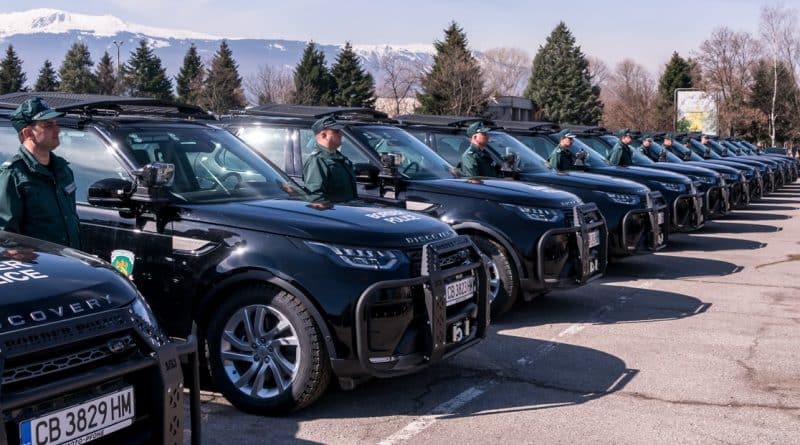
The main respondent recalls seeing six police officers, all of them dressed in Sacramento green uniforms with a Bulgarian country flag patch on the arm. According to the respondent all officers were armed with what he describes as firearms and handguns.
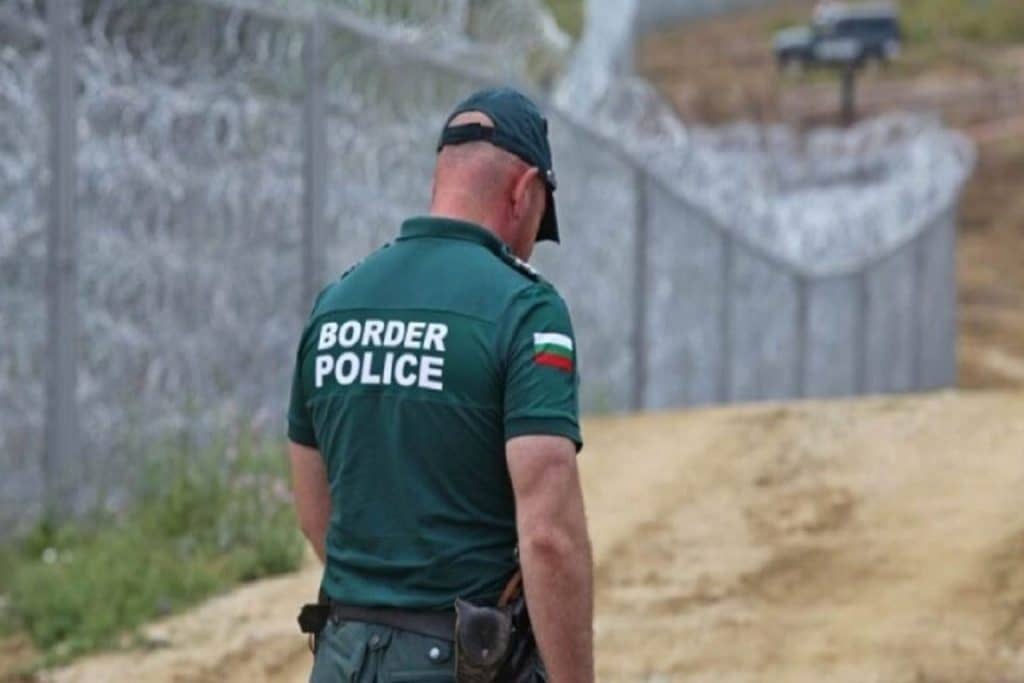
After the police stopped the group, the men were reportedly forced to board the off-road vehicles; two men in one vehicle and one man in the second one.
“The journey took a long time. There were no windows so we could not see where we were going. I was trying to ask the police officers what was happening but they only told me ‘don’t worry, don’t worry.’”
After what reportedly felt like a 2-3 hour drive, the respondent states that the group members were asked to step outside the vehicle one at a time. The respondent describes seeing a big fence in a barren environment. Beside the two border police vehicles in which the men had been transported, the respondent recalls seeing an additional off-road vehicle and two further police officers, wearing the same uniforms as the officers previously described. One officer started searching each group member for money and other personal belongings.
“He was shouting at us in Bulgarian. The only thing I understood was: “Where is your money? Where is your money?’”
According to the respondent, the officers took his backpack which contained clothes and food, his phone, a golden necklace and 500 € in cash. Reportedly, one officer took his Qurʾān and ripped out the pages while he had to watch.
“When I saw the police officer destroying my Qurʾān, I felt so angry but I could not do anything about it. They took everything from me, even my humanity.”
Once all members of the group had been searched and robbed of their belongings, the officers pushed them towards what the defendant describes as “a gate in the border fence”. Because the respondent, who was the first of the group to be pushed towards the gate, was hesitant to pass through the gate, the officers started beating and kicking him.
“I begged the officers to at least give me back my phone so i know where to go but instead of giving it back, they started beating me.”
The respondent reports to have been kicked and struck with a baton about 3-4 times in the back, foot and neck. Once on the other side of the fence, he started running away. While looking back he affirms witnessing the officers committing similar physical abuse to the remaining two men.
The group walked for approximately two days in a jungle along a river until they reached the city of Edirne in Turkey. The men had neither a navigation device nor access to food.
Second pushback
After a short recovery from the pushback, the respondent states he left Edirne again one day later: this time without the two other group members.
“They wanted to stay behind in Turkey because they were scared to try again without phone or money so I tried again alone.”
The respondent reports boarding a cargo train headed towards Svilengrad in the train station of Edirne at around 5.30 pm. He had been hiding in one of the cargo containers for what he perceived as around 1.5 hours when the train stopped at Svilengrad station. Reportedly, four police officers wearing Sacramento green uniforms with the Bulgarian country flag patch on the arm, matching the Bulgarian border police uniform discovered him when searching the train. The officers took him to the police station inside the train station of Svilengrad. There, they allegedly handcuffed him for approximately one hour to a bench, before forcing him inside a small black Ford vehicle.
The respondent states that he was driven again to the Bulgarian-Turkish border. He describes the environment as similar to the scene he had witnessed only a few days before. When arriving at the border fence which he estimates to have been around 8 pm, he saw a black off-road vehicle with Bulgarian inscription in Cyrillic letter on the side, as well as two more police officers. According to the respondent, he was once again searched by the officers.
“Of course, they were checking me again but this time I had no money, no phone, nothing, so they didn’t do anything to me.”
According to the respondent’s testimony, he was then forced again through a similar gate in the fence as a few days before; this time, however, no physical violence was used by the officers. The respondent assumes the location to be a different one than before, as it took him 5 hours to walk back to Edirne after this incident. However, since the respondent did not have access to a navigation system after neither of the incidents, the distances he covered cannot be verified.
From No Name Kitchen we want to remind that people need to cross borders through these dangerous routes because the European Union does not offer other alternatives to apply for asylum. With legal and safe ways to migrate, people would not risk their lives and health by these routes.
Illegal push-backs and violations of Human Rights, as well as all acts of physical and psychological violence, are unjustified and condemnable.

